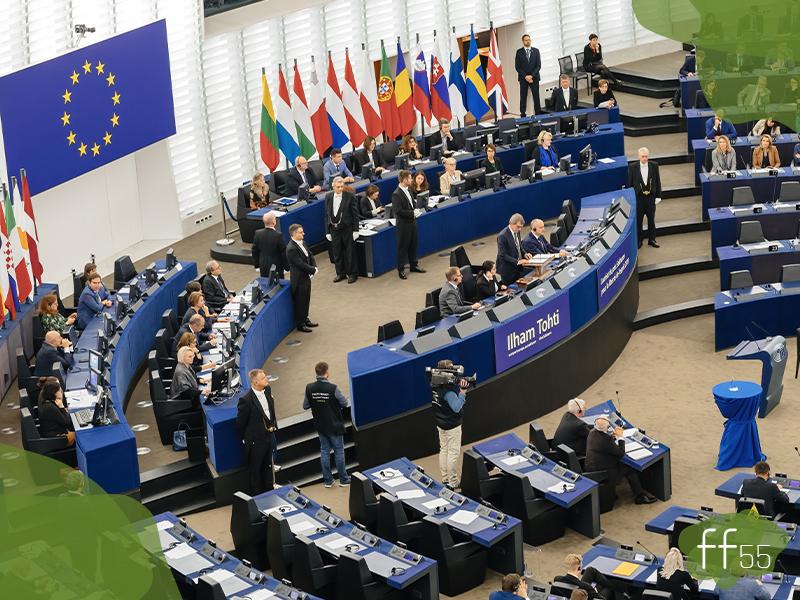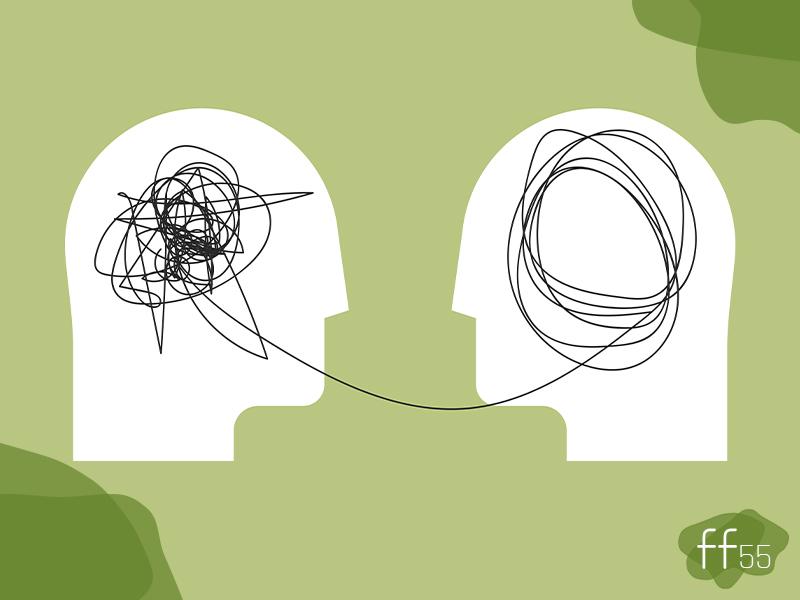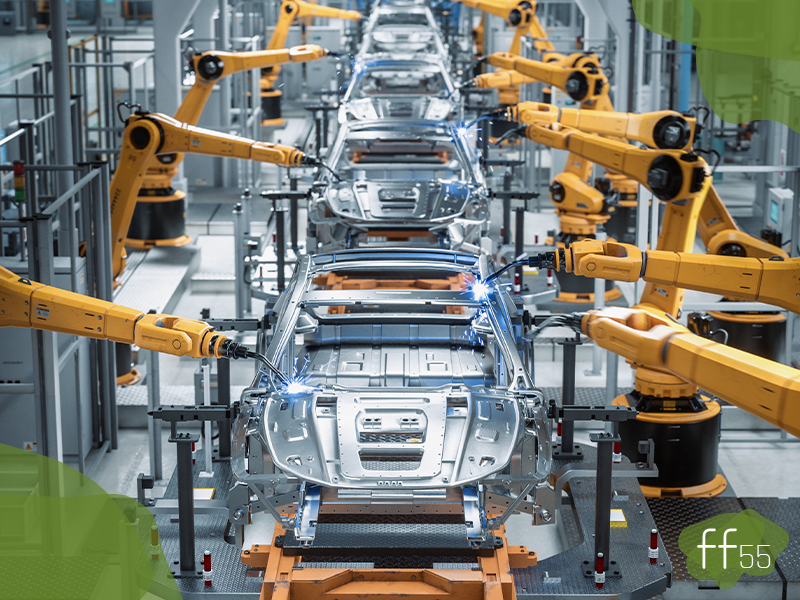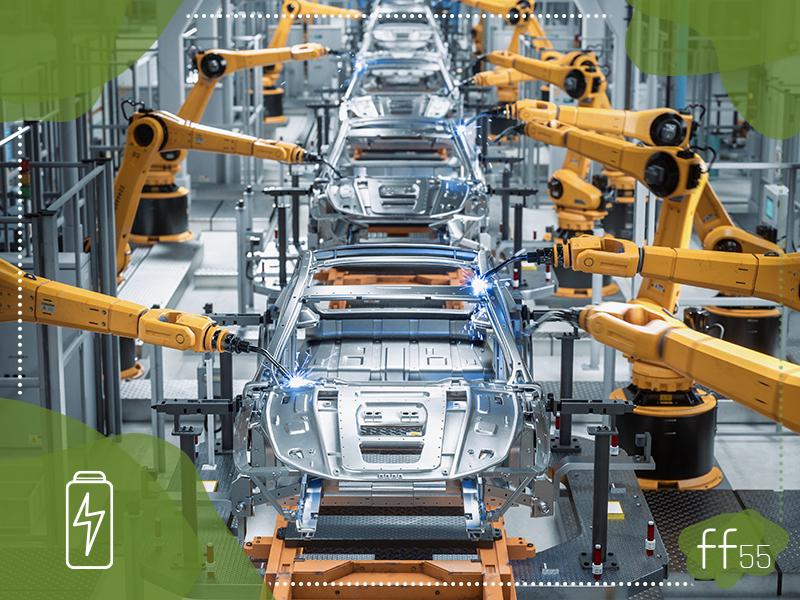In the past decade or so, many politicians chose short-term political and economic profit over long-term goals that would be crucial for generations that will follow us on planet Earth. Some have fallen since, some are still in power, but we can see now that their legacy is long-lasting. If you look up ‘climate sceptic’ now in the Collins Dictionary you’ll see that the sentence the editors use to explain the phrase, goes like this: “The climate sceptics demonise the greens as wanting to wreck the economy.”
Even in Europe many politicians and lobbyists warn that European citizens can only give up fossil fuels at the cost of huge economic sacrifices.

Empathy is what we need most
In a way it doesn’t take much effort to understand people who are scared to lose their jobs, to feel the pain of the poor whose greatest fears are utility bills or to see the threat of expensive petrol with the eyes of a driver who can’t afford an electric car. All it takes is to look inside and find our own anxiety – which is, presumably, fear of climate catastrophe.
Simply contradicting uncertain people won’t help to convince them – we need to understand them and calmly address their concerns first. Luckily…

… we’ve got good news (finally)
If there’s a single lesson we can learn from the embargo on Russia is that the shift from fossils to sustainable energy can be a lot faster than we have ever thought, if there’s a need and a will. It may also prove that this shift is what gives a certain push to our economy that makes Europe great again. Here’s why.
This continent and especially the European Union has proved its resiliency and ability to achieve amazing results in a short time. Common goals and trust among diverse nations led to cooperation in both science and production and this is when we will need again in the near future.
The foundation of new green economy might be the Research & Development departments of companies with the skills and capacities to find new, sustainable technologies and fine-tune existing ones to lower or eliminate greenhouse gas (GHG) emissions from natural gas, crude oil and coal.
New technologies will require new infrastructure, new machines and, clearly, a workforce for jobs and roles we aren’t even aware of, as they don’t exist yet.

In doubt? Just remember how long it took to develop a vaccine from scratch – against a virus, the human race has never faced before. Also, the pandemic proved how the masses can change their behaviour from one day to another and how technology can support people in critical times.
Is Europe ready?
Although the level of awareness varies, many European citizens know that they need to reduce their consumption and change their mindset – travel less, change heating, fix door and window frames etc. They are ready to change their habits – if they haven’t started to do so already.




